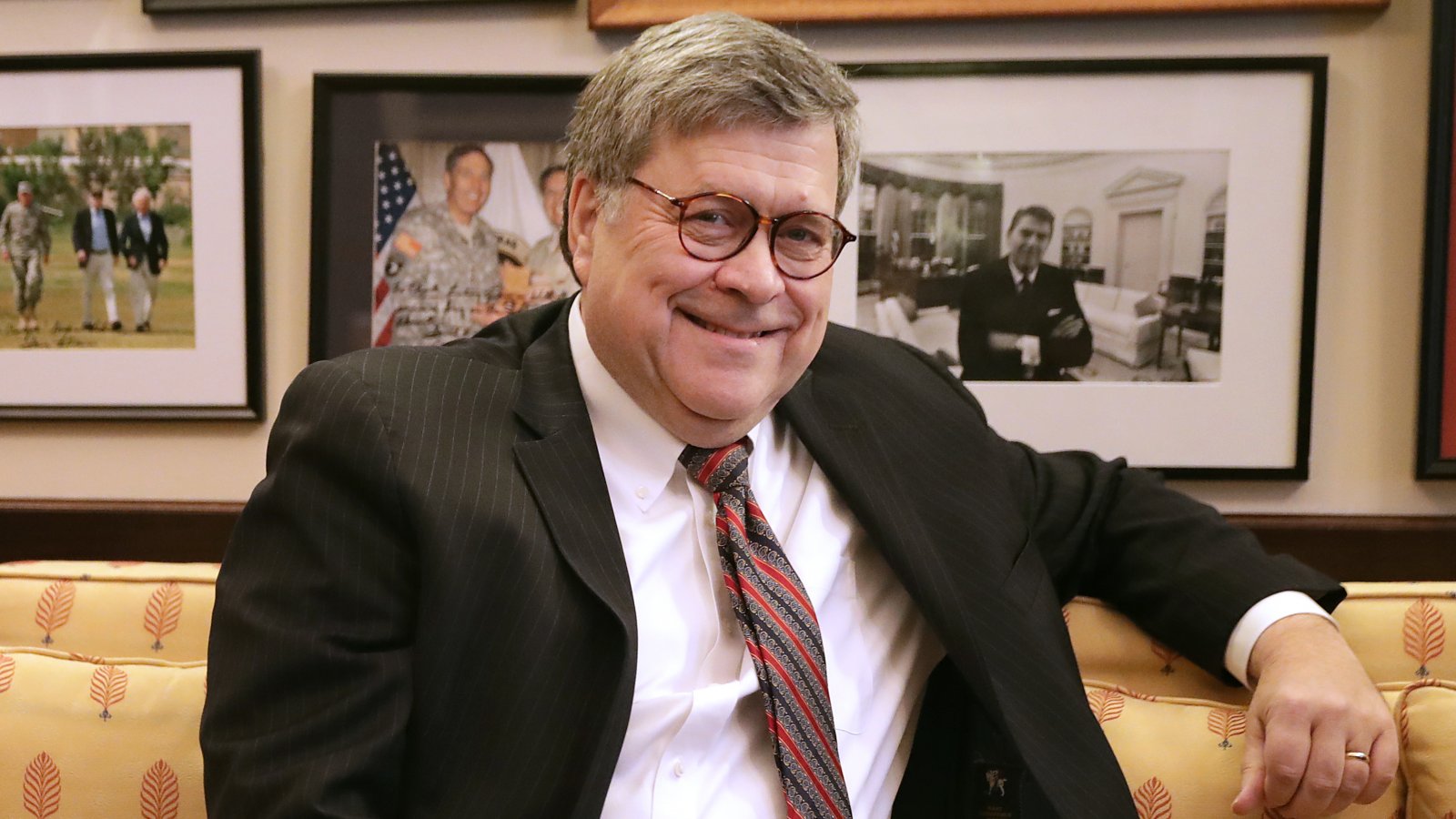
The Senate Judiciary Committee has postponed until next week its confirmation vote on attorney general nominee William Barr.
The delay, which is customary for high-profile nominations, is not expected to impede Barr’s chances of being confirmed by the full Senate. But it is the latest reflection of the deep partisan tension surrounding Barr’s nomination, most of which centers on Democrats’ desire to protect Mueller’s probe from being unduly constrained.
The committee postponed its vote on Barr as one of 46 nominations the panel was scheduled to vote on Tuesday but decided to delay until Feb. 7.
In both his public testimony and his written answers to senators’ questions, Barr has repeatedly refused to give senators any firm guarantee that he will release Mueller’s report to Congress and the public free of redactions. In similar fashion, he has only promised to ask for, but not necessarily heed, the advice of the Justice Department’s ethics counsel on the matter of whether he should recuse himself from oversight of the probe.
(...)
In an answer to Sen. Christopher A. Coons (D-Del.), Barr said that “it is Department policy and practice not to criticize individuals for conduct that does not warrant prosecution.”
On Tuesday, Sen. Sheldon Whitehouse (D-R.I.) pointed out that if Barr decided to follow department legal guidance that a sitting president could not be indicted — or, by extension, prosecuted — it could keep Trump out of the report entirely — even if Mueller found concerning information about the president.
Panel chairman Sen. Lindsey O. Graham (R-S.C.) agreed that possibility was concerning.
“If you agree you can’t indict the president, it’s probably not a good reason not to share with us the derogatory information,” Graham said, promising to pursue Barr on that point. He also pledged to ask Barr whether he would let Trump claim executive privilege to muzzle portions of the report.
While Democrats remain unconvinced by Barr, he ultimately will not need their support to win confirmation.
Under rules changes that the Democratic-led Senate adopted in 2013, only a simple majority of senators’ votes are needed to confirm a Cabinet nominee.
Yet the delayed Judiciary committee vote means that it will be difficult for the Senate to confirm Barr before current acting attorney general Matthew G. Whitaker is due on Capitol Hill on Feb. 8 to answer the House Judiciary Committee’s questions about his oversight of the Mueller probe.
Senate panel postpones William Barr’s confirmation vote amid Democrats’ concerns (WaPo)